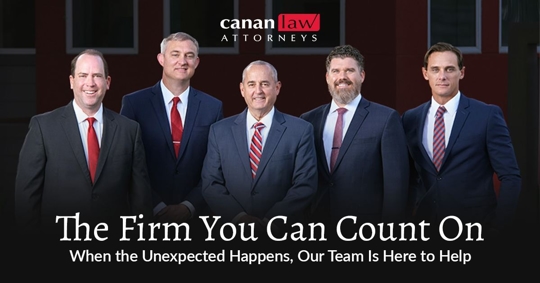Our Jacksonville DUI lawyer can explain the defense against an officer’s observation of your driving behavior.
Police Stops Based on Driving Behaviors
In many instances, the police will use your driving behaviors as justification for the traffic stop. This could be the most important issue when the jury makes a decision in your case. The government has conducted studies showing that incidents of weaving or speeding have been statistically less than what could be considered enough to prove the case beyond a reasonable doubt. A study by the National Highway Traffic Safety Administration discusses behaviors that law enforcement will use to determine whether or not a driver might be operating a vehicle under the influence. Your Jacksonville DUI lawyer can use this NHTSA study that is supposedly based on science to make a counterargument that bad driving does not automatically indicate driving under the influence.
How the NHTSA Detection Guide Is Viewed by Officers
The NHTSA instructs law enforcement in its Detection Guide to categorize driving behaviors with the following:
- A problem staying in the correct lane;
- Speeding and problems braking;
- Issues being vigilant;
- Problems with judgment.
It is predicted that if these indicators are present, the driver will be committing a DUI a minimum of 35 percent of the time. If the driver is weaving, there is a 50 percent chance that there is a DUI occurring. If the driver is weaving and also committing another one of the cues in the guide, the probability rises to a minimum of 65 percent. With two cues apart from weaving, the DUI likelihood is a minimum of 50 percent. Certain cues like speeding up without reason, swerving, or driving on the shoulder will have a single cue likelihood of DUI of more than 70 percent. In general, the probability that there is a DUI being committed rises when there is more than one cue indicated. According to the research, these training tactics can help law enforcement to:
- Detect drivers who might be impaired;
- Explain the behaviors they witnessed when filling out arrest reports;
- Provide support to the expert testimony of other officers.
Ironically, as they are giving a probability that a driver will be driving under the influence, the NHTSA is also providing a probability that a DUI is not being committed.
Contact a Jacksonville DUI Lawyer
If you have questions about a law enforcement officer coming to the conclusion that you were driving under the influence and how this can be defended against, call (904) 849-2266 to speak to a Jacksonville DUI lawyer at Canan Law today.



